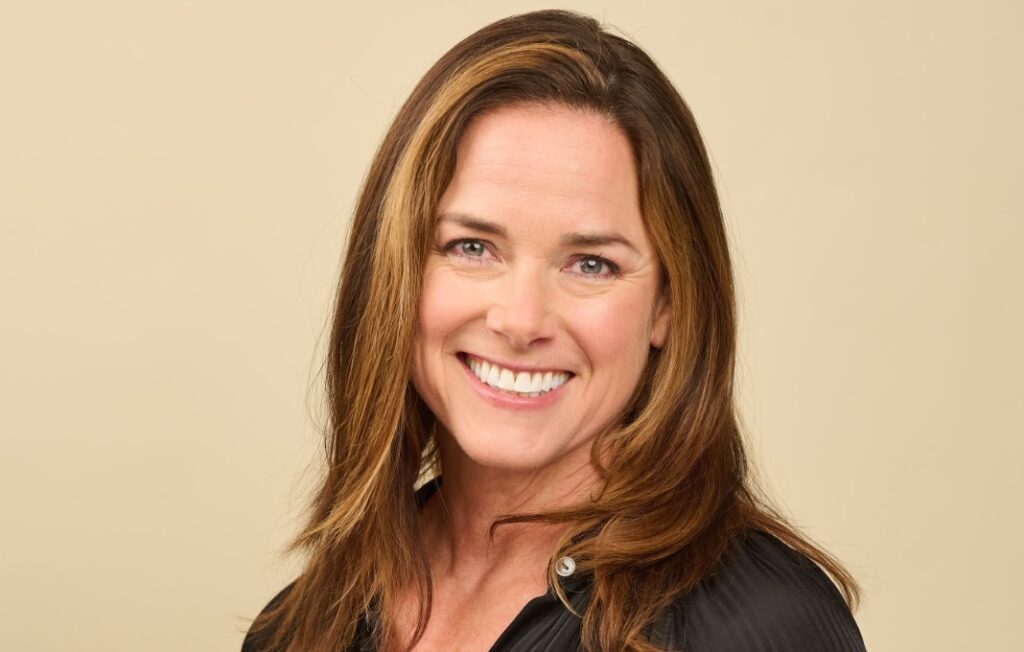New kinds of learning are necessary to meet today’s complex talent and business challenges, says Eric Dingler, chief learning officer at Deloitte U.S. He spoke with StrategicCHRO360 about why old models no longer work, what a new approach looks like and how Deloitte came to its conclusions.
What needs to be done from an L&D perspective to close the skills gap in today’s market?
Today’s businesses are seeing an accelerating need for leading technology skills to solve their most complex problems, keep up with the pace of change and/or capitalize on rapidly evolving marketing opportunities. In addition, today’s workforce needs are evolving beyond technology upskilling to include a sense of purpose, recognition and support. Existing L&D models that focus primarily on role and technical skills for today don’t work to address either.
Deloitte leaders gathered more than 150,000 data points from talent surveys, conducted 100 one-on-one interviews with business executives, did extensive market research, and leveraged a workforce-sensing tool to identify the skills of the future and to see how we could optimize our already robust learning offerings.
The conclusion was clear—there needs to be a complete overhaul of the traditional competency-based, top-down models of learning in favor of an employee-led, data-driven approach to help build not just better work, but more fulfilled employees that can supercharge business performance.
Why should businesses adjust their approach to L&D programs to meet the needs of today’s evolving workforce?
We face an empowered workforce that is increasingly hungry not just for skills, but also for a sense of purpose and recognition. Today’s workforce wants supportive leadership and a sense that they are truly cared for. And they want learning experiences that are tailored, relevant, easily consumable and multi-channel.
Traditional L&D programs worked great in the past, but today, they cannot fit into our workforce’s busy schedules, or encompass all the skills needed in a competitive business landscape. Ultimately, this can drive down employee engagement in L&D, leading to suboptimal outcomes for employee growth and the business at large. Organizations that want to keep delivering results and want to retain their talent will see that they need to revamp their approach to L&D.
Many companies are belt tightening amid widespread economic uncertainty—why should L&D remain a priority investment for companies?
Any organization that is staying stagnant or is scaling back on L&D at this time may be missing a crucial opportunity to meet their workforce and businesses’ needs, especially since they’ll need to deliver on both when the economy improves. Deloitte has always been committed to the growth and development of its people, and the most recent example of this is Project 120.
What is Project 120, and how does it help Deloitte’s employees feel more connected to their work and purpose?
Based on the considerable data we analyzed, one thing became clear—we need to meet today’s professionals where they are and provide a new kind of learning experience. The result is Project 120, a paradigm shift from static, curriculum-based courses that occur at a moment in time to dynamic learning experiences, customized to the individual and delivered in the flow of work with a particular focus on technology skilling and one’s leadership, or human potential.
We are already delivering over one million hours of training on future applications of technologies that allow our employees to thrive and streamline work. For example, a training session that used to take 24 hours of in-person working time now takes just three hours, coupled with 200-plus 45-second-long or less assets that pop up in the flow of work.
Project 120 is part of Deloitte’s commitment to empower employees so they can build their skills on the go and lead more fulfilled lives in and outside of work.








